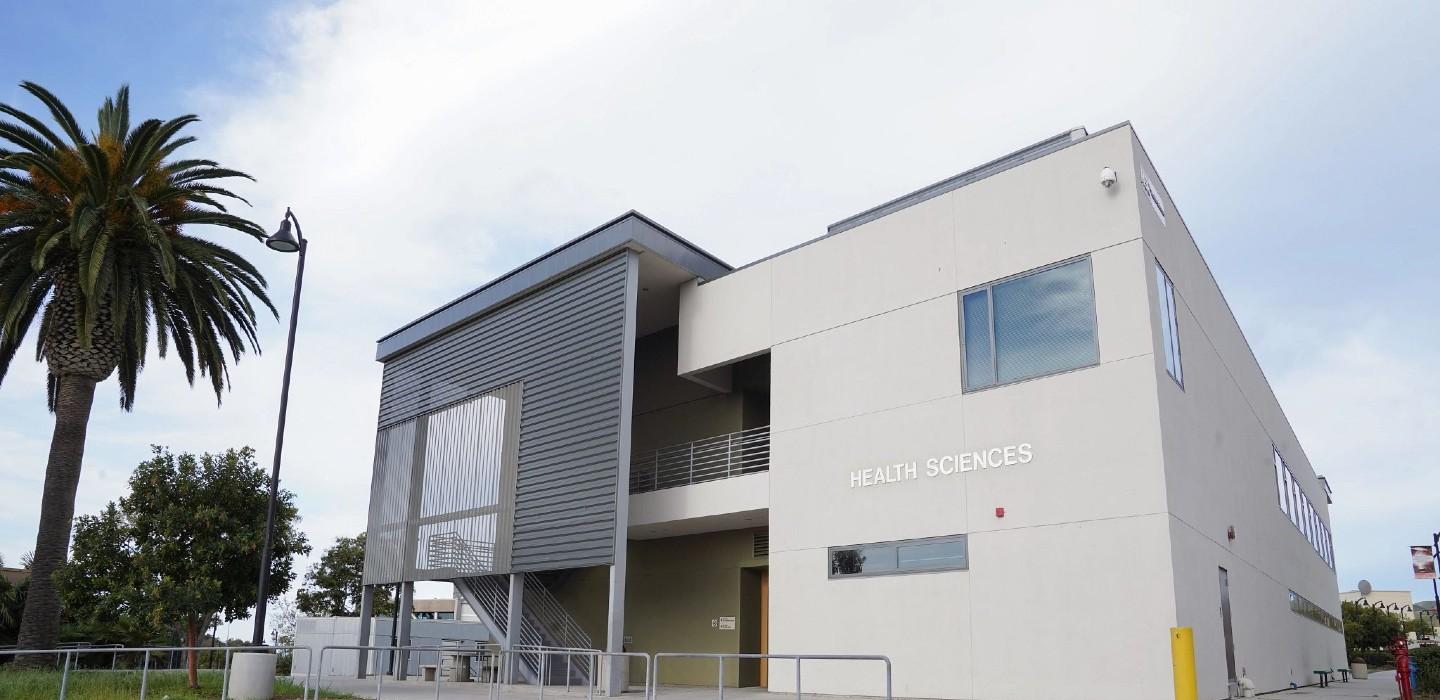The Ventura College Paramedic Studies Program prepares individuals to become advanced-level EMS providers. Our curriculum focuses on paramedic-specific knowledge, proficiency in basic and advanced skills, critical thinking, and sound theoretical rationale for decision-making, ensuring graduates are ready to succeed in the workplace.
We are the only fully accredited paramedic program in Ventura County.
The program emphasizes integrating paramedic skills with competence in communication, mathematics, and problem-solving skills. Upon completion, a candidate is eligible for either a Certificate of Achievement or an Associate’s Degree in Paramedic Studies.
To enter the program, a candidate must be a currently certified Emergency Medical Technician (EMT). Graduates are eligible to take the NREMT paramedic licensing exam, and those who complete the associate degree track are also prepared to transfer to a baccalaureate program in emergency medical services.
The Paramedic Studies Program
We offer both a Full-Time and a Part-Time track for the Paramedic Studies Program.
Program Options & Schedule
| Program | Duration | Start/End | Class Attendance (PM V01) |
|---|---|---|---|
| Full-Time | 9 months | Jan-Sept | Monday-Thursday 0700-1630 |
| Part-Time | 12 months | May-May | Thursday-Friday 0700-1630 |
Core Course Descriptions
PM V01: Paramedic Theory (Didactic)
This course provides the essential didactic material and related skills needed to establish a foundation for paramedic assessment and management of patients.
- Capacity: Maximum of 24 students, based on preceptor availability.
- Enrollment: Seats are awarded on a first-come, first-served basis.
- Schedule: Full-time students attend class four days a week; part-time students attend twice a week.
PM V02: Paramedic Clinical Practicum and Field Internship Capstone
This second-semester component integrates supervised application of knowledge and skills in real-world settings.
- Full-Time Track (Semester 2): Begins in May, following completion of PM V01.
- Part-Time Track (Semester 2): Begins in January, following completion of PM V01.
Clinical Practicum (Hospital Rotations)
Hospital rotations provide supervised clinical experience in acute care settings.
- Schedule: Shifts average 40 hours per week, may be scheduled any day, and have varying times and locations. Students select their clinical schedule during PM V01.
- Requirements: To progress to the Field Internship Capstone, a minimum of 216 hours and completion of all patient contact types and skills are required.
Field Internship Capstone
The final phase assigns the student to a 911 response vehicle with a paramedic preceptor to provide direct, supervised advanced life support patient care.
- Schedule: Primarily consists of 24-hour shifts aligned with the preceptor’s work schedule.
- Requirements: Minimum of 480 hours, with at least 40 advanced life support patient contacts and 50 team leads are required. The internship may be extended up to a total of 720 hours.
PM V96: Work Experience (Optional)
This course is for students already accepted into the paramedic program and provides supplemental experience responding to emergencies as part of a 911 team while working with a paramedic observer.
- Schedule: Course available January to March or August to October
- Requirements: 54 hours with at least 10 patient contacts or 108 hours with 20 patients.
- Capacity: Maximum of 15 students.
Program Admission Requirements
Initial Prerequisites (Required for Application)
Candidates must meet the following minimum requirements before applying to the program:
- Education
- High School Diploma or GED (official transcript on file required)
- Academic
- Minimum cumulative 2.0 GPA from either college or high school, whichever is most recent
- Certification
- Current EMT Certification
- Current CPR Certification for a BLS Provider (American Heart Association, American Red Cross, or Ventura County CAM)
- Experience
- Minimum of 1,000 hours of EMT experience (preference for primary "911" response as an EMT)
- Legal/Driving
- Current Driver's License
- No misdemeanors or felonies on record
Highly Recommended for Success
Applicants who meet the following are strongly preferred for admission:
- Anatomy & Physiology: Completion of college-level Human Anatomy and Physiology with labs, separately or as a combined course, achieving a grade of C or better.
- Work Experience Course (PM V96): Recommended for applicants whose EMT experience is non-911 based.
The Application and Admissions Process
Application Timelines
| Cohort | Application Window |
|---|---|
| Full-Time | April-July each year |
| Part-Time | October-December of each year |
- Note: Admissions decisions are sent out after the application window closes. Applications are not deferred; you must submit a new application for each cohort you wish to be considered for.
Post-Acceptance Requirements
Upon selection for the program, candidates must successfully complete the following, with instructions and forms provided after acceptance.
| Requirement | Details |
|---|---|
| Physical Examination | Must pass an exam indicating freedom from communicable diseases and the ability to function in a clinical setting. This can be done by your physician or the Student Health Center. |
| Immunizations | Students must open a Castlebranch.com account to upload the required immunization history and titers. |
| Background Check | Must demonstrate clearance of a criminal background investigation performed by Englander Investigations. |
| Drug/Alcohol Screening | Testing is mandatory; information will be provided after acceptance. |
Professional Conduct and Standards
All students admitted to a health science program are expected to maintain the highest personal and professional standards of conduct consistent with faculty and agency expectations.
- Failure to maintain these standards may result in a review by faculty and a recommendation for dismissal from the program.
- Students are required to maintain physical and emotional fitness throughout the program, which is subject to the medical opinion of the college physician and clinical/agency policy.
